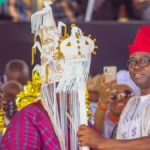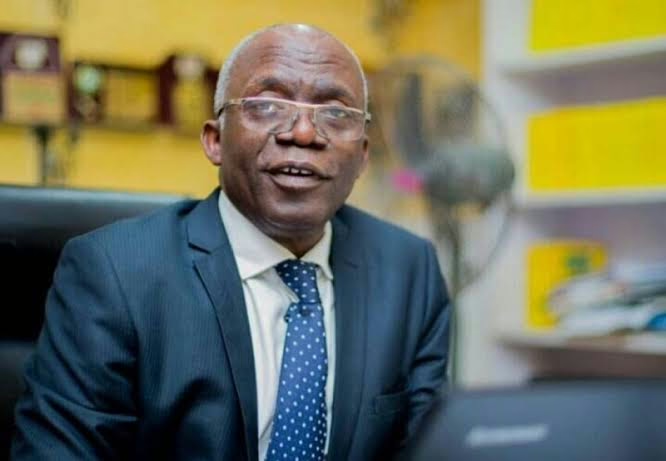In an era where technology increasingly shapes political discourse, the emergence of artificial intelligence as a commentator and predictor of leadership potential is both fascinating and unprecedented. Recently, AI algorithms have spotlighted a figure poised to captivate the Nigerian political landscape-Falz, son of the renowned human rights lawyer Femi Falana. As the AI voices its confidence in Falz’s potential to become Nigeria’s president by 2027, the younger Falana responds with insightful reflections on this futuristic appraisal. This intersection of cutting-edge technology and political ambition opens a compelling dialogue about the future of leadership in Nigeria.
Exploring Falz’s Political Vision and Public Perception in the AI-generated Presidential Forecast
Falz’s political vision, as envisaged by the AI forecast, is rooted in his commitment to social justice and youth empowerment, reflecting his real-life activism blended with a fresh, technology-savvy approach to governance. Public perception of Falz is a nuanced tapestry of admiration and skepticism; many praise his articulate advocacy for transparency and inclusive policies, while others question whether his artistic background can translate into effective political leadership. Key elements highlighted by the AI include:
- Progressive youth engagement: A promise to leverage digital platforms for direct citizen-government dialogue.
- Anti-corruption stance: A central pillar aimed at restoring trust in public institutions.
- Cultural diplomacy: Using Nigeria’s rich arts landscape as a soft power tool on the international stage.
| Perception Element | Public Sentiment | AI Projection |
|---|---|---|
| Leadership Capability | Mixed | Promising |
| Youth Mobilization | High | Strong |
| Policy Depth | Moderate | Expanding |
Overall, the AI’s prediction merges data-driven insights with Falz’s real-world persona, suggesting a future leader who could redefine Nigeria’s political narrative by blending cultural influence with visionary governance.
As the conversation around AI’s role in shaping future leadership gains momentum, Falz’s reaction adds a compelling human dimension to the predictions. Whether the digital crystal ball holds true or not, one thing remains clear: the intersection of technology, politics, and public perception continues to redefine how we envision Nigeria’s path forward. As 2027 approaches, all eyes will be on the figures-real and algorithmic-that capture the nation’s hopes and aspirations for transformative leadership.




















0 Comments